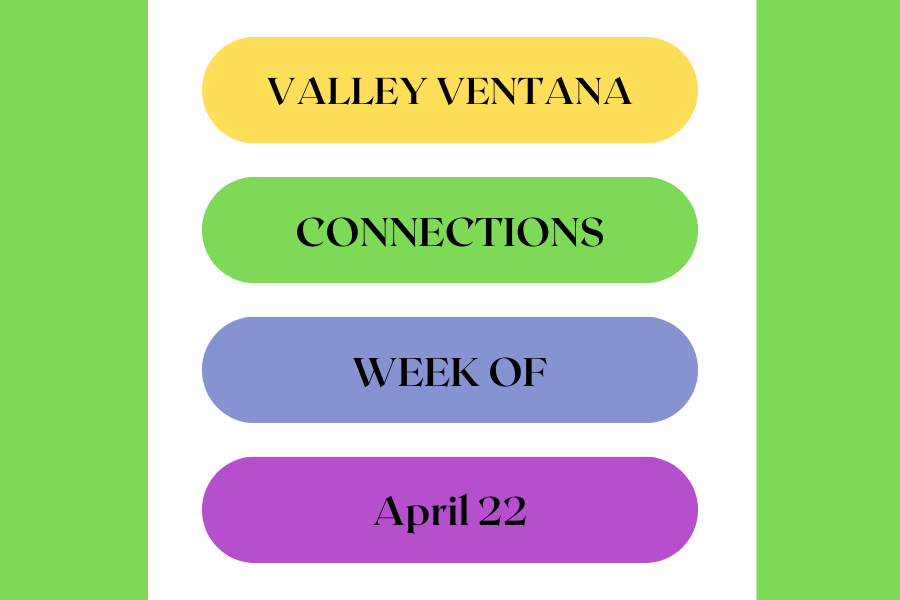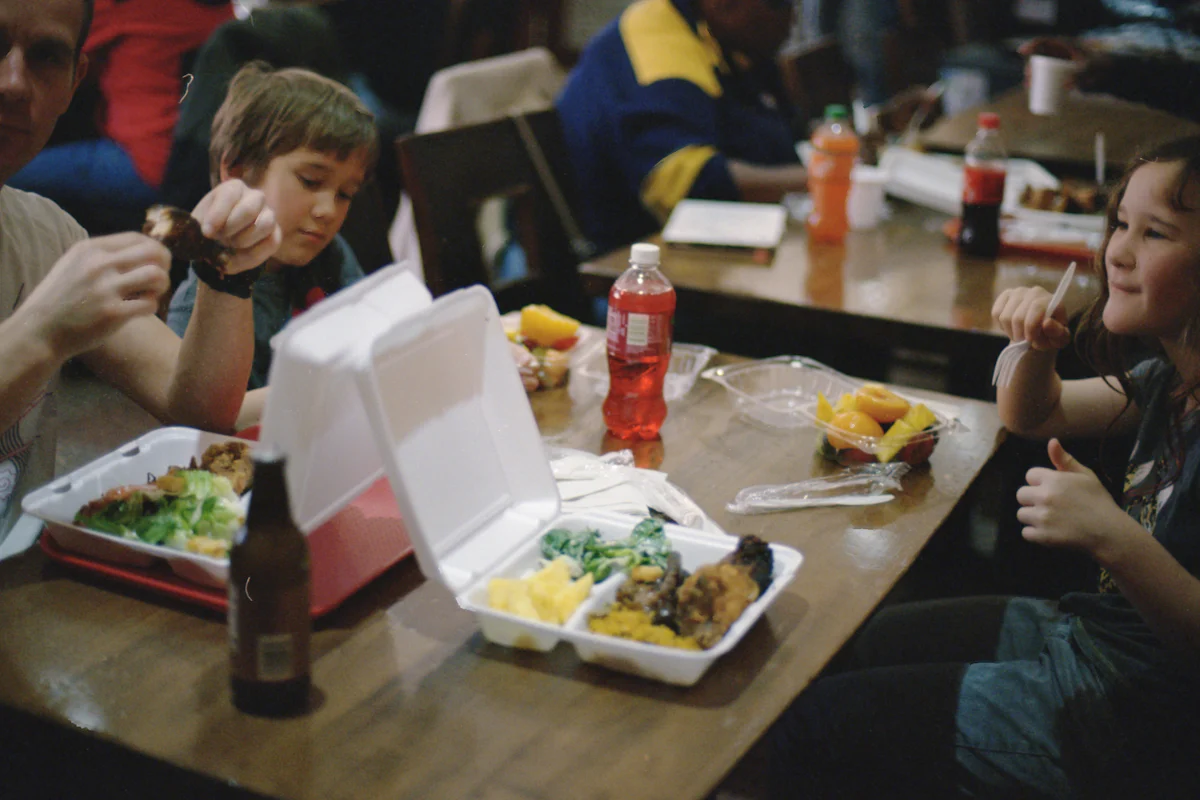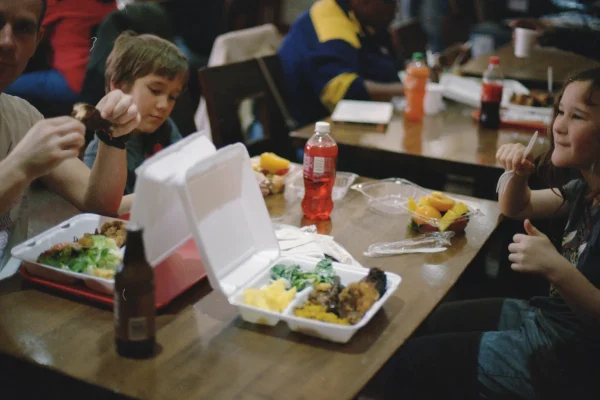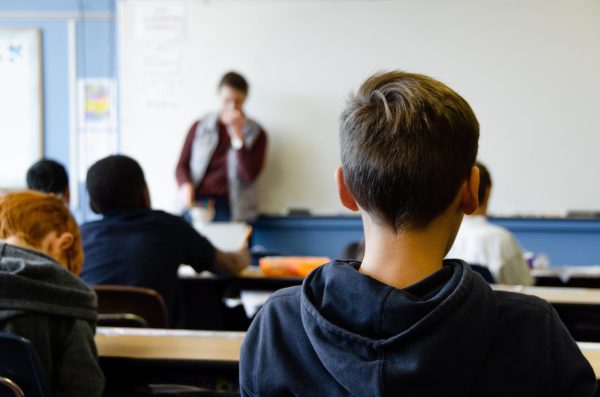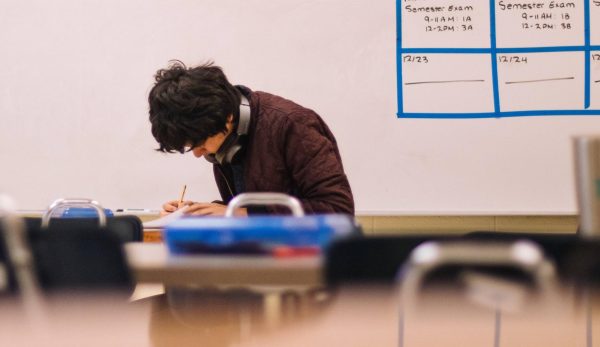Season of giving: Dubbing December ‘time to gift’ sends unforseen messages
December 12, 2015
Lips get chapped, the deer grow bigger and joggers find it harder to breathe. The icy fog that takes minutes to melt on car windows indicates one year’s transition into the next. Most people call this time of year the ‘season of giving.’ Families come together in one house to simply give thanks. The feeling of happiness achieved when giving something to another is part of what makes the season so great. But for some, this expression of gratitude is forgotten. Sometimes, the issue isn’t not wanting to give back, but not knowing how.
This may sound silly. After all, there are hundreds of ways to give gifts during the holidays. Especially in school, it only takes one good look around to find dozens of places to donate. Apart from the big, monthly donations, if asked, a teacher or administrator will point to the nearest bucket. Although it sits in the same place all year, it is empty because it is overshadowed by their ‘beneficial to everyone’ counterparts.
November is known for its turkey feather fund raiser. For every 25 cents a student donates, a feather is added to a cut out turkey to be displayed in the student’s third period class. Then, the class with the most feathers on their little paper turkey gets a pizza party paid for by the school. While it’s a creative and fun system, in some ways it takes away from the idea of giving. Students give more to benefit themselves than the poor. Whatever money the school spends on the pizza party could be better put towards the charity. The $5,800 raised could have hit that $6,000 mark and made a difference for at least one more family.
While there’s nothing wrong with a ‘season of giving,’ it only further promotes this idea that there should be a specific time to give. If we tell people when they should give, and provide them with rewards for doing so, they will learn to imply that they shouldn’t give at any other time. This ends up making a lot of kids feel like giving is a chore, which shouldn’t happen.
Students should learn early on about how they can give back, so they are never pressured to feel like they need to do more or less. Students should transition into the world with a better understanding of what it means to give from their hearts.


